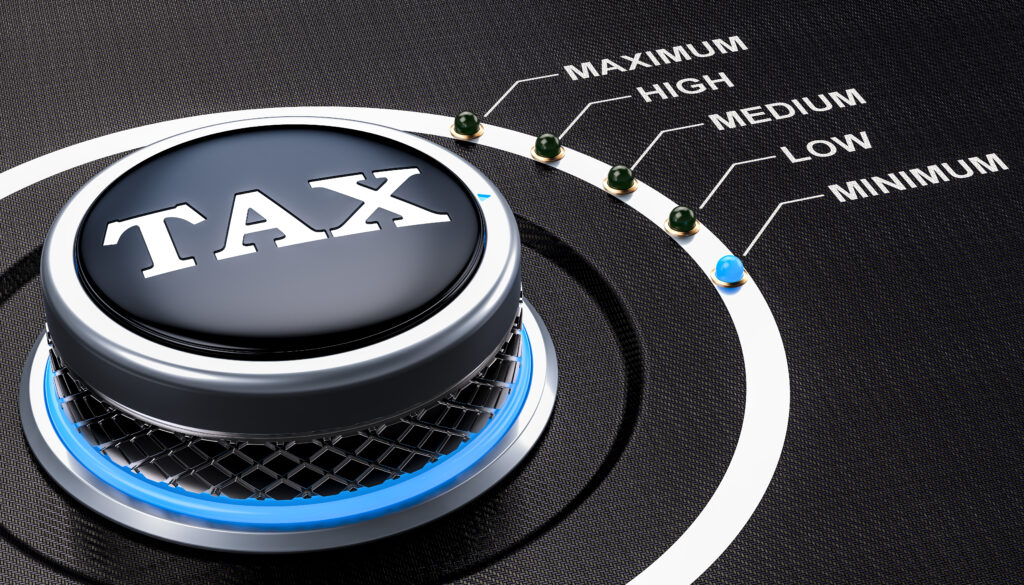Is The U.S. Really a Low-Tax Country?

Many U.S. taxpayers feel that our country’s taxes are too high, no matter which economic class you’re in. Likewise, regardless of which side of the political world you rest, most people would agree that the U.S. tax system needs some serious upgrading, and not just some fine-tuning. However, it appears that compared to many of the other developed countries in the world, the U.S. is actually on the low end of the tax scale.
According to the Organization for Economic Cooperation and Development, some of the most recent numbers show that about 30 other developed economies have higher taxes than the United States. In 2014, the U.S. government collected 26 percent of the gross domestic product revenue, which was way below the average of the rest of the world, which is 34.4 percent.
Of the 30 countries included in the report, there were only three economies that had a smaller tax percentage than the United States: South Korea, Chile and Mexico. Denmark leads the list with the highest percentage; a whopping 50.9 percent, and France, Italy, the U.K. and Germany were all over 30 or even 40 percent as well.
So why do U.S. taxpayers complain so much about taxes, if the country is actually towards the bottom of the list? It’s because the U.S. is the only country on the list that doesn’t use a Value Added Tax, or VAT. A VAT helps supplement revenue from other sources, which raises nearly 7 percent of the GDP in these countries. The U.S., on the other hand, has to count on other taxes to supplement its revenue because it does not have a VAT. And that won’t likely change any time soon.
6 Tips for Avoiding Digital Clutter
6 Tips for Avoiding Digital Clutter What is “Digital Clutter” and why do we need to avoid it? Although there isn’t a true definition for the phrase, we can define the term “clutter” and apply it to the digital world. “Clutter” is defined as a collection of things lying about in an untidy mess. Although…
Enduring Your Race
Enduring Your Race Every Year in Australia, an endurance race is held. It stretches from Sydney to Melbourne totaling 543.7 miles. For a world class athlete it takes five days to run. These athletes are young, professionally trained, and receive huge sponsorships Cliff Young was a very unlikely competitor in the race. At the age…
Transitioning from Employee to Entrepreneur
Transitioning from Employee to Entrepreneur If you are out of work, have you ever considered creating your own job? As of April 2013, 7.5% of the American population are unemployed. The downturn of the economy has led many to wonder where they are going to find work, but has also opened opportunities for many to…
